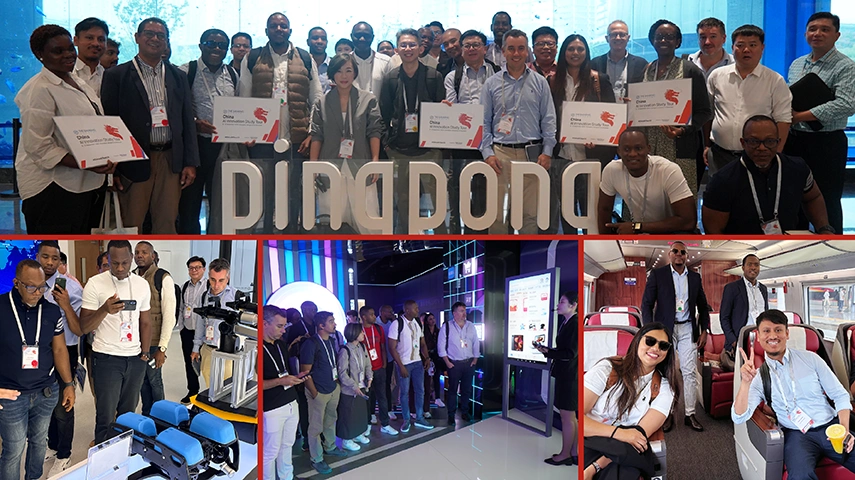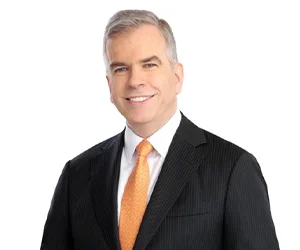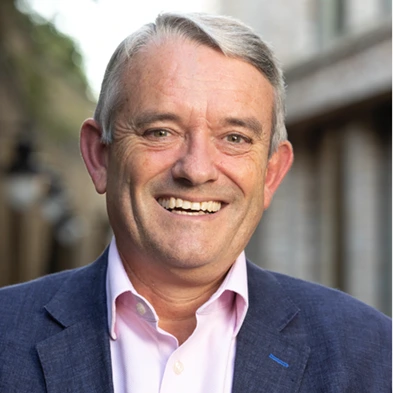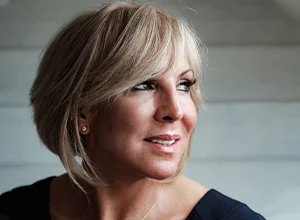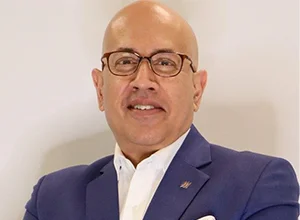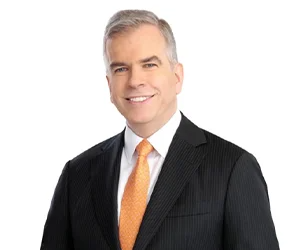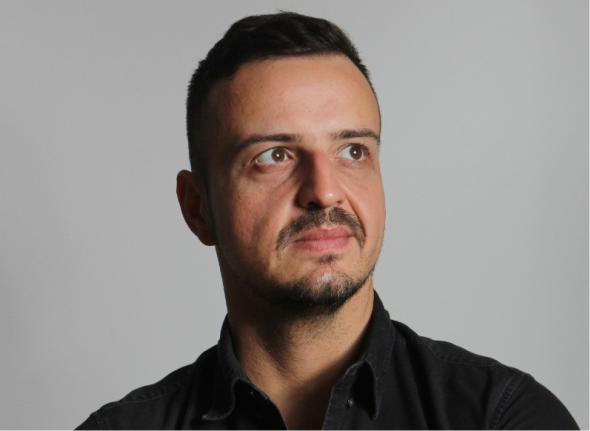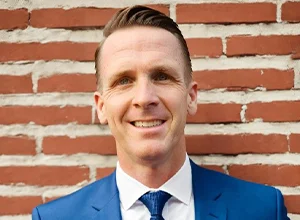- All the four largest banking groups in Spain announced pay cuts for bank leaders, as it has been one of the hardest-hit countries in the pandemic.
- Bosses at major British banks decided to give up a portion of their pay, which came after the Bank of England urged them to scrap cash bonus payments.
- Six bank leaders from Kenya and Nigeria are among the top ten, due to their significant personal donations.
Banks around the world have taken various measures to support their customers and communities under the leadership of their CEOs and chairmen. Meanwhile, some bank leaders have agreed to take salary cuts or forgo their bonuses to support their institutions and communities to combat the challenge. Additionally, some bank bosses are also making personal donations to charities working to provide relief and support to the community. In this article, 36 bank CEOs or chairmen are ranked by personal contribution in COVID-19 response based on the estimated value of pay cuts and charitable donations.
Ana Botin and Jose Antonio Alvarez, the group executive chairman and CEO of Spain's Banco Santander, top the ranking. Both of them have their total compensation reduced by 50% for 2020, which were estimated to be around $5.8 million and $4.8 million, respectively. The forgone pay is diverted to a fund that the group created for medical equipment, protective clothing and other supplies.
Spain is one of the countries that faced the most severe COVID-19 outbreak. The other three largest banking groups in the country also announced the decision to take pay cuts. Banco Bilbao Vizcaya Argentaria (BBVA) and Banco Sabadell said their senior management, including the chairman and CEO, have waived their bonuses for 2020. In total, around 300 senior staff of BBVA will not be paid bonuses for 2020, worth more than EUR 50 million ($60.5 million). Gonzalo Gortazar Rotaeche, CaixaBank’s CEO will also give up bonus for 2020, about EUR 0.9 million ($1.1 million).
Banking authorities have called on lenders to reassess their dividend and share buy-back strategies and review their remuneration policies in order to conserve capital and dedicate more resources to financing the real economy. At the end of March 2020, the European Central Bank urged euro zone banks to exercise extreme moderation on variable remuneration. The European Banking Authority also recommended that remuneration and, in particular, its variable portion should be set at a conservative level.
In the United Kingdom (UK), the Bank of England (BoE) piled pressure on all major lenders to suspend dividend payments and scrap cash bonus payments to executives and risk takers in a bid to conserve capital in the face of the growing crisis. This will allow lenders to be in a stronger position to lend to businesses and support the economy. In response to the request from the BoE, many leaders have taken steps to cancel their dividends for 2019 and take pay cuts for 2020.
Around one third of bank bosses in the ranking are from the UK. Alison Rose, CEO of NatWest (formerly Royal Bank of Scotland), is the third in the ranking. In April 2020, she announced that she will donate a quarter of her salary for the rest of the year to the National Emergencies Trust's Coronavirus Appeal, totalling GBP 0.42 million ($ 0.56 million). She also asked not to be considered for up to GBP 1.9 million ($2.6 million) worth of bonus this year.
Bill Winters, chief executive of Standard Chartered, made the second largest contribution among the British bank bosses, followed by Antonio Horta-Osorio, chief executive of Lloyds Banking Group, HSBC chairman Mark Tucker and CEO Noel Quinn. Bill Winters has donated half of his salary for nine months to the bank's COVID-19 assistance fund and will give up his cash bonus for 2020. Mark Tucker announced to donate his entire director’s fee for 2020, totalling GBP 1.5 million ($2 million), and Noel Quinn has donated 25% of his salary for six months and will waive cash bonus, amounting to GBP 1.4 million ($1.9 million). In addition, Tom Blomfield, co-founder and CEO of the UK-based challenger bank Monzo, also has volunteered to forego his salary for a year, which is estimated to be around $0.1 million.
Kenya and Nigeria have seen some billionaires made significant personal donations to help combat the pandemic. James Mwangi, managing director and CEO of Equity Group in Kenya, is ranked the fourth. He is one of the richest people in Kenya and holds most of his wealth in Equity Group’s shares. He donated KES 300 million ($2.8 million) in April 2020, which is part of the efforts to raise KES 1.1 billion ($10.2 million) for the purchase of personal protective equipment for frontline medical staff.
Among the top ten, half are from Nigerian banks. In March 2020, the Nigerian Private Sector Coalition Against COVID-19 was established to assist the government, and this relief fund received donations from companies and notable individuals. Herbert Wigwe, managing director of Access Bank, Jim Ovia, chairman of Zenith Bank, Oba Otudeko, chairman of First Bank of Nigeria, Tony Elumelu, chairman of United Bank of Africa and Segun Agbaje, managing director of Guaranty Trust Bank donated NGN 1 billion ($2.6 million) each to the fund.

In contrast, bank bosses in Asia generally made lower personal contributions. OCBC Bank chief executive Samuel Tsien contributed SGD 0.65 million ($0.46 million) to #OCBCCares programme, and DBS CEO, Piyush Gupta, donated SGD 0.5 million ($0.37 million) to the Community Chest. Meanwhile, Uday Kotak, founder, managing director and CEO of Kotak Mahindra Bank in India, will only take a notional salary of INR 1 for the financial year 2020-21.
In addition to CEOs and chairmen, some other members of senior management team and other directors have also made some contributions. For example, non-executive directors of Banco Santander will take a 20% cut of their total compensation for 2020, and the executive directors and group executive committee members at Lloyds Banking Group will also waive their bonuses. The reduction in pay is one of the steps that some banks have taken to control costs, manage liquidity and conserve capital. More importantly, bank leaders show their support by taking pay cuts or making donations, and their active responses help mitigate the impact from the pandemic, at least in an important symbolic way.







